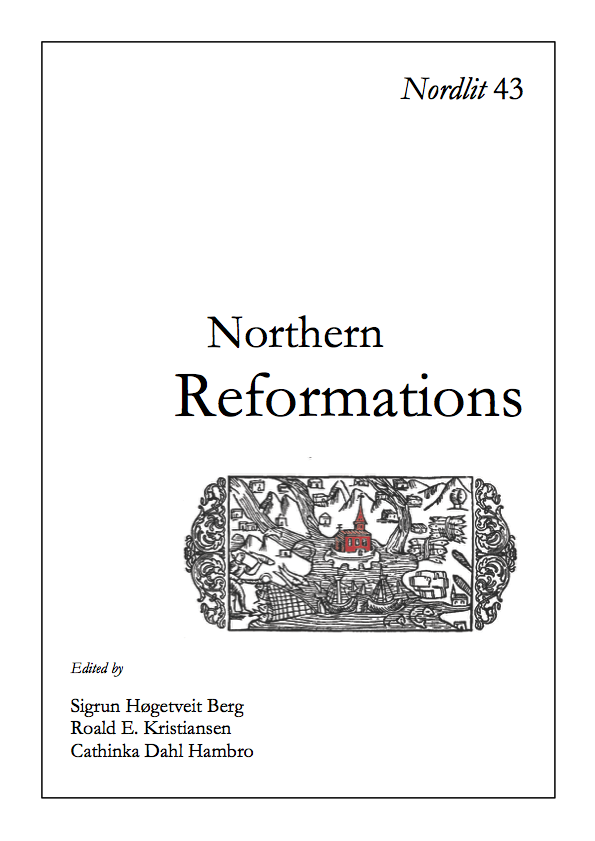The Icelandic Language at the Time of the Reformation
Some Reflections on Translations, Language and Foreign Influences
DOI:
https://doi.org/10.7557/13.4960Keywords:
The Icelandic Reformation, Printed books, The New Testament, The Bible, Loanwords, The German Prefix be-Abstract
The process of the Reformation in Iceland in its narrow sense is framed by the publication of the New Testament in 1540 and the whole Bible in 1584. It is sometimes believed that Icelandic language would have changed more than what it has, if these translations had not seen the day.
During the 16th century, in all 51 books in Icelandic were printed. Almost all are translations, mostly from German. These books contain many loanwords, chiefly of German origin. These words are often a direct result of the Reformation, but some of them are considerably older. As an example, words with the German prefix be- were discussed to some length in the article.
Some loanwords from the 16th century have lived on to our time, but many were either wiped out in the Icelandic language purism of the nineteenth and twentieth century, or never became an integrated part of the language, outside of religious and official texts. Some words even only show up in one or two books of the 16th century.
The impact of the Reformation on the future development of the Icelandic language, other than a temporary one on the lexicon was limited, and influence on the (spoken) language of common people was probably little.









